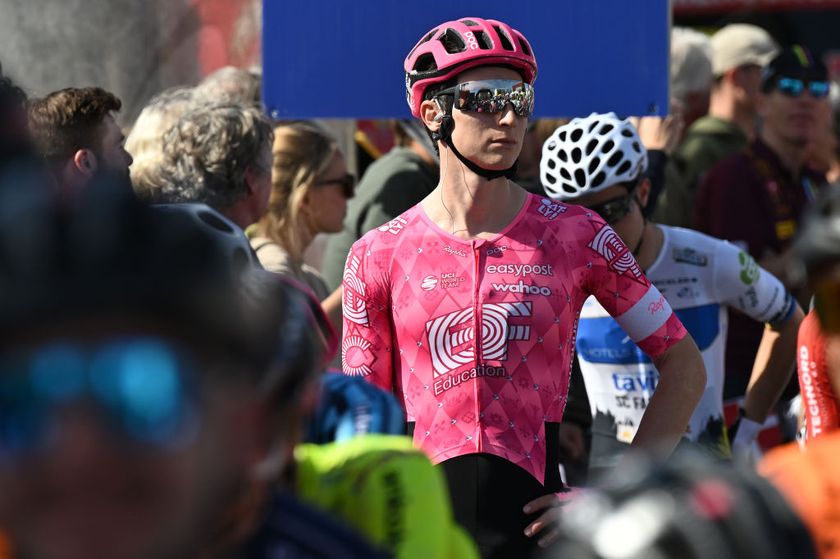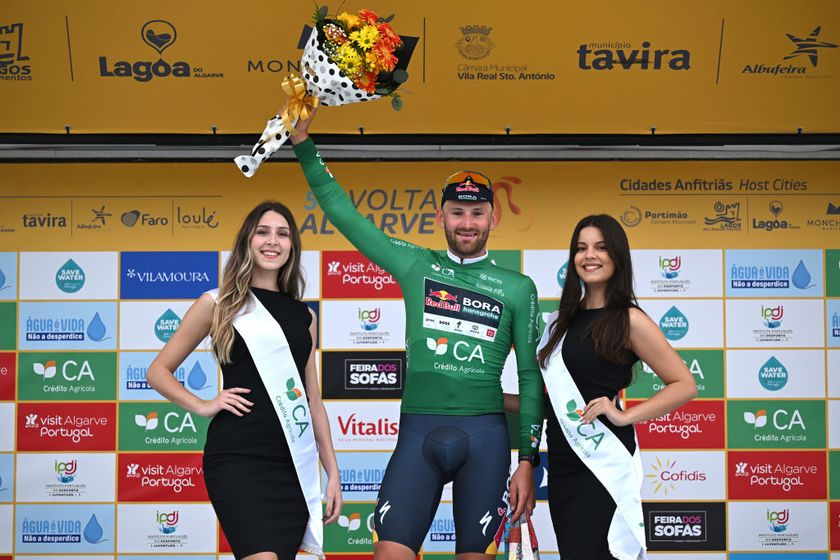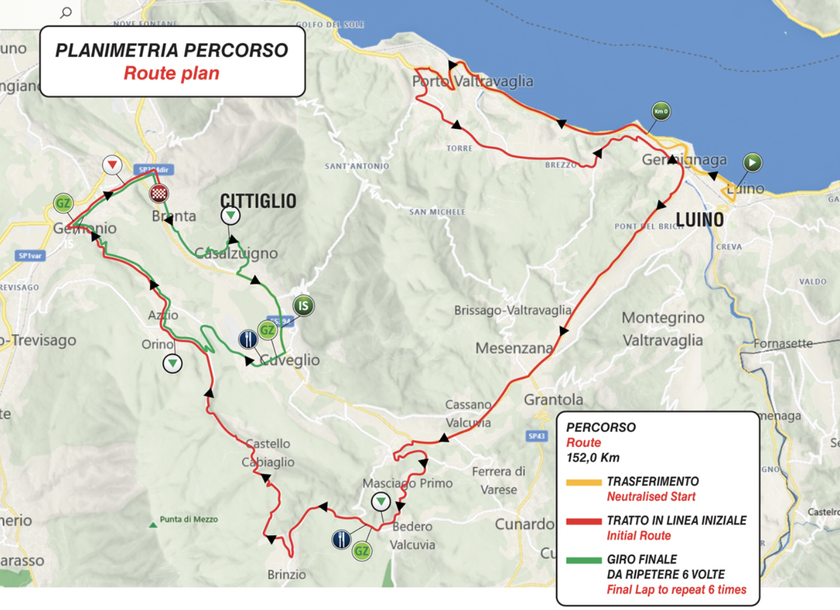Who is Dr Iñigo San Millán?
Garmin-Transitions' new physiologist excited about return to the ProTour


In a flurry of staff changes on US-based teams RadioShack and Garmin-Transitions, Dr Iñigo San Millán has been appointed to lead the latter squad's four-man team of physiologists for the next two seasons.
San Millán will join Garmin as part of a team of training staff that will continue the sports performance program established by Allen Lim over his three seasons with the team. Lim announced on Sunday that he would take up a position with Team RadioShack in 2010.
San Millán will now oversee the physiological testing of Garmin's riders from his base in Colorado, with Spain's Dr Carlos Gonzalez and Australian Mark Quod to be based at the team's European hub in Girona, Spain. San Millán told Cyclingnews today that the collective approach is expected to yield even greater support for the team's athletes.
"Allen did a lot of work to develop this programme - this is a continuation of that," said San Millán. "But now we are four people instead of one, so we can close as many gaps as possible and hopefully develop even more ideas."
San Millán, Quod and Gonzalez will also be supported by Belgian Adrie Van Dieman and Robbie Ketchell, who will provide aerodynamic and bio-mechanical support to the team. "Adrie Van Dieman's a very experienced coach who's been involved in the sport since the days of Greg LeMond, In addition, Robbie Ketchell will be working on the aerodynamics and bio-mechanics of the team. But all of us will be working on the sports performance program."
His full-time appointment with Garmin-Transitions follows a period of physiological testing he carried out with the team in New Mexico last year. Although he and his future Garmin colleagues will build upon the foundation built over the past three seasons, San Millán will bring his own scientific approach to the team.
"Allen [Lim] and Jonathan [Vaughters] invited me over there to New Mexico. I have a new protocol for physiological testing. I have a different methodology to analyse lactate metabolism as well as fat and carbohydrate oxidation rates. They were very interested in me applying those new methodologies."
Get The Leadout Newsletter
The latest race content, interviews, features, reviews and expert buying guides, direct to your inbox!
Command from afar
San Millán will retain his position as Director of the Exercise Physiology and Human Performance lab at the University of Colorado in the United States. He will travel to Girona several times a year to carry out physiological tests with Garmin's riders, but will leave day-to-day testing and support at races to Quod and Gonzalez. Despite the physical distance from the team, San Millán is excited about the prospect of working with Garmin.
"I was always really attracted to this team. It's definitely a team that has stepped into the new era of cycling," he said. "I think Jonathan Vaughters had done a great job of developing the team from a junior squad he was directing [TIAA-CREF] to one of the best ProTour teams in the world.
"It's a far more modern team than other squads. To me, it's a whole new concept of cycling team. I think the anglo-saxon mentality towards cycling is completely different to the European one; [anglo-saxon riders] are very, very open to gaining new information on their bodies and physiology over time, so that they can improve their performance.
"They're very well educated in a lot of concepts such as power, lactate thresholds and heartrate. It makes it much easier to work with them as opposed to Europeans, who it can be more difficult to educate in these methodologies."
His two-year deal with Garmin-Transitions will mark a return to the service of professional cycling teams after a two-year hiatus. San Millán has previously worked with Spanish teams including ONCE and Saunier-Duval, as well as Astana in 2007. While a number of his former employers have been beset by doping scandals, San Millán is widely regarded as an exponent of a clean cycling. He cites US-based Garmin's mentality and acceptance of his methods as a primary reason for his return to the sport.
"Overall, one of the reasons Garmin has been so successful has been because of that modern mentality. Because of that, they're always on the same page in terms of modern technologies, innovation and, ultimately, information. Compared to European teams, who do have a different, more traditional mentality," said San Millán.
"[At the European teams] it was more difficult to maintain [my] philosophies and apply my scientific approach to sport. When I did a training camp with Garmin in New Mexico last year, I clicked right away with everyone because everything was so smooth. It was easy to apply the new methodologies, the physiological testing and lactate threshold testing; it was great, whereas with the European teams it was much more difficult to click with the entire team."
Garmin ended the 2009 season with a series of victories to different members of the team. Carrying that confidence over into 2010 is one of the things San Millán hopes to encourage as he begins his tenure with the team next year.
"I believe confidence is built around education and information. The more education and information the riders have about how their bodies work, how they can get the best out of their bodies and how they can improve their performance through a scientific approach the more confidence they'll have," he said. "With all of us working to develop this sports performance programme we want to be collecting every bit of information from each riders at all time so that we can make conclusions and improve their performance.
"The guys know that we're there to help them out and give them information. We're not just a bunch of scientists accumulating information for research. So we'll be supplying information to the team and riders all the time.
His first appointment with the team will be a training camp in Valencia in January. There he will carry out the first physiological tests of riders, a process that will continue throughout the season. "We'll be collecting data from the riders every single day [of the season]. We want to create a network that will ensure no rider gets left behind. A lot of riders overtrain and with 27 riders it was a bit much for one person. Now with four of us and Robbie Ketchell helping out with the bio-mechanics, we'll be able to cover a lot more bases."
Most Popular







